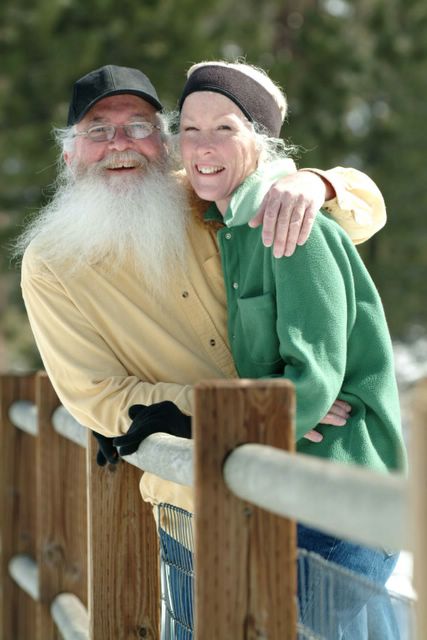"To a Mouse" Robert Burns, November, 1785
O, what a panic's in thy breastie!
Thou need na start awa sae hasty
Wi bickering brattle!
I wad be laith to rin an' chase thee,
Wi' murdering pattle.
I'm truly sorry man's dominion
Has broken Nature's social union,
An' justifies that ill opinion
Which makes thee startle
At me, thy poor, earth born companion
An' fellow mortal!
I doubt na, whyles, but thou may thieve;
What then? poor beastie, thou maun live!
A daimen icker in a thrave
'S a sma' request;
I'll get a blessin wi' the lave,
An' never miss't.
Thy wee-bit housie, too, in ruin!
It's silly wa's the win's are strewin!
An' naething, now, to big a new ane,
O' foggage green!
An' bleak December's win's ensuin,
Baith snell an' keen!
Thou saw the fields laid bare an' waste,
An' weary winter comin fast,
An' cozie here, beneath the blast,
Thou thought to dwell,
Till crash! the cruel coulter past
Out thro' thy cell.
That wee bit heap o' leaves an' stibble,
Has cost thee monie a weary nibble!
Now thou's turned out, for a' thy trouble,
But house or hald,
To thole the winter's sleety dribble,
An' cranreuch cauld.
But Mousie, thou art no thy lane,
In proving foresight may be vain:
The best-laid schemes o' mice an' men
Gang aft agley,
An' lea'e us nought but grief an' pain,
For promis'd joy!
Still thou are blest, compared wi' me!
The present only toucheth thee:
But och! I backward cast my e'e,
On prospects drear!
An' forward, tho' I canna see,
I guess an' fear!
Small, crafty, cowering, timorous little beast,
O, what a panic is in your little breast!
You need not start away so hasty
With argumentative chatter!
I would be loath to run and chase you,
With murdering plough-staff.
I'm truly sorry man's dominion
Has broken Nature's social union,
And justifies that ill opinion
Which makes thee startle
At me, thy poor, earth born companion
And fellow mortal!
I doubt not, sometimes, but you may steal;
What then? Poor little beast, you must live!
An odd ear in twenty-four sheaves
Is a small request;
I will get a blessing with what is left,
And never miss it.
Your small house, too, in ruin!
Its feeble walls the winds are scattering!
And nothing now, to build a new one,
Of coarse grass green!
And bleak December's winds coming,
Both bitter and keen!
You saw the fields laid bare and wasted,
And weary winter coming fast,
And cozy here, beneath the blast,
You thought to dwell,
Till crash! the cruel plough passed
Out through your cell.
That small bit heap of leaves and stubble,
Has cost you many a weary nibble!
Now you are turned out, for all your trouble,
Without house or holding,
To endure the winter's sleety dribble,
And hoar-frost cold.
But little Mouse, you are not alone,
In proving foresight may be vain:
The best laid schemes of mice and men
Go often askew,
And leave us nothing but grief and pain,
For promised joy!
Still you are blest, compared with me!
The present only touches you:
But oh! I backward cast my eye,
On prospects dreary!
And forward, though I cannot see,
"It ever was my opinion that the mistakes and blunders, both in a rational and religious point of view, of which we see thousands daily guilty, are owing to their ignorance of themselves. To know myself had been all along my constant study." Robert Burns, 1785
Apparently, I share some of Burns' heretic arrogance, but I do include myself among "they" and "them" as well.
"They persisted in their foolishness until nothing remained but scorched Earth. In the name of their gods, and their myths, they destroyed each other and the living planet they shared with millions of species. A tendency for narcissistic self deception led them into a civilization diametrically opposed to the laws of Nature." Jim Otterstrom, 2010
I composed the heresy above on December 21st, 2010, Winter Solstice, (see previous post) as a not so hypothetical epitaph for the human species if we continue in our selfishness, and this morning---6 days later---I stumbled across Burns' poem for the first time in decades, feeling a renewed kinship with the man.
"The best laid schemes of mice and men", indeed....
Labels: Jim, philosophy, social commentary



